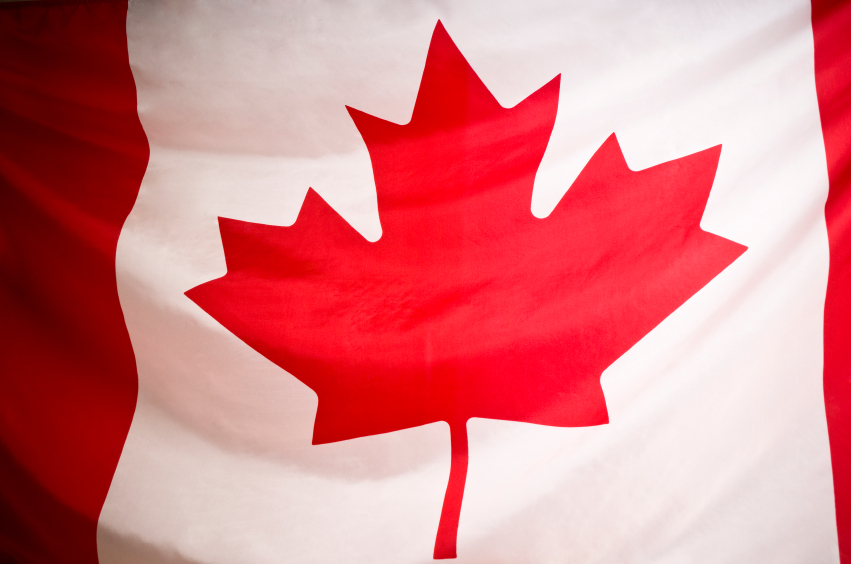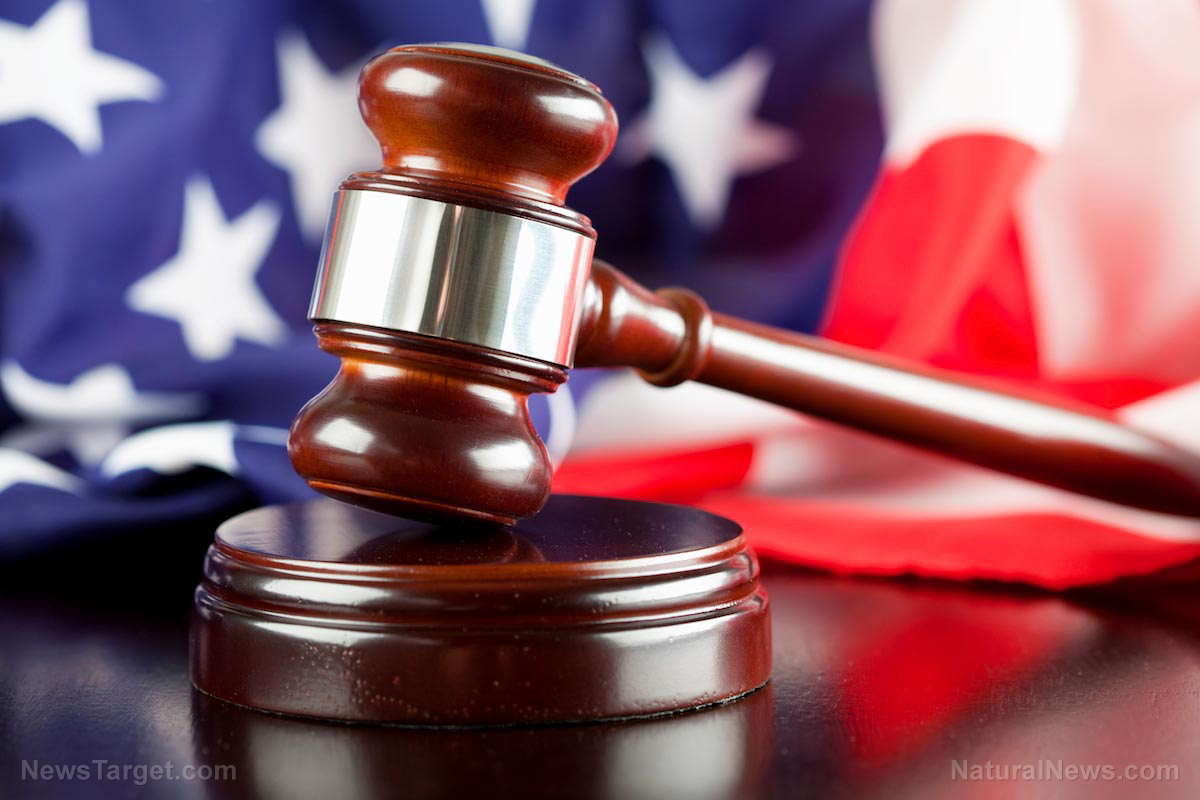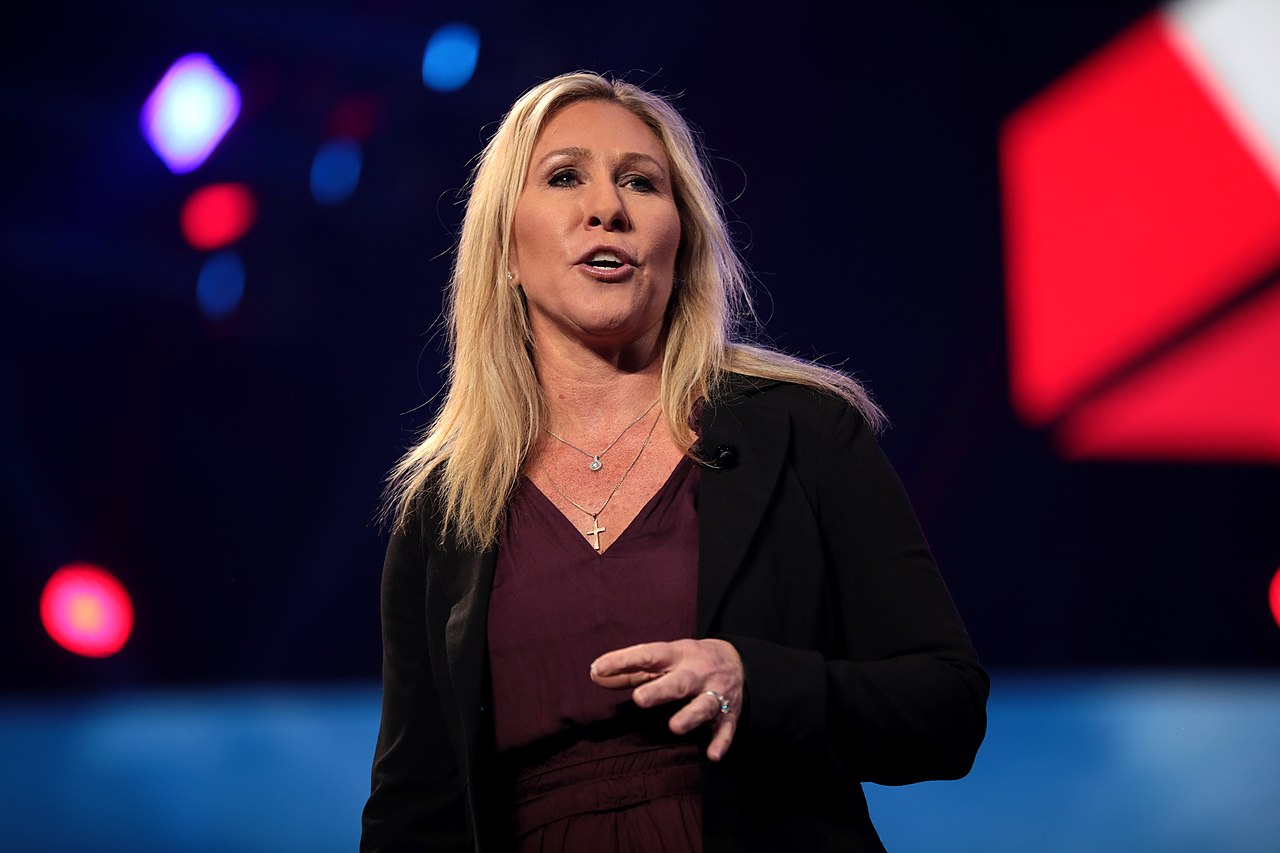 Parler
Parler Gab
Gab
- Canada faces a decisive election on April 28 between Liberal leader Mark Carney, advocating centralized economic leadership and resistance to U.S. trade threats, and Conservative leader Pierre Poilievre, who promotes deregulation and anti-"woke" policies. Donald Trump’s tariff threats and sovereignty taunts loom over the race.
- Trump’s 25% tariffs on Canadian goods, paired with rhetoric mocking Canada’s sovereignty, shifted voter sentiment, boosting Carney’s campaign as a nationalist defender against U.S. aggression while undermining Poilievre’s initial lead.
- The Conservative leader embraces Trump-like policies (tax cuts, deregulation, anti-woke rhetoric) while denying alignment. His focus on domestic issues like housing resonates with frustrated voters, but critics warn his style risks alienating moderates and emboldening Trump.
- The election reflects splits between anti-woke conservatives (backing Poilievre) and urban progressives favoring Carney’s stability-focused approach. Economic grievances, like housing costs, drive Conservative support despite Liberal efforts to frame the election as a referendum on Trump.
- The result will redefine U.S.-Canada relations — Carney promises trade defiance and military bolstering, while a Poilievre win risks escalating Trump’s adversarial stance. The vote tests Canada’s ability to assert independence amid rising protectionism and cultural polarization.
How Trump’s tariff strategy sparked a political U-turn
Just months ago, Conservatives led by Poilievre seemed certain to unseat Justin Trudeau’s decade-old Liberal government, buoyed by voter frustration over inflation and housing shortages. But Trump’s abrupt shift from ally to adversary late last year reshaped the race. In early 2025, the U.S. imposed 25% tariffs on Canadian goods — from timber to automotive parts—and publicly mocked Canada’s sovereignty, suggesting it become the “51st state.” The move galvanized Canadian nationalism and propelled Carney, a former central banker, into leadership. Carney’s rebuttal became his campaign mantra: “President Trump is trying to break us so that America could own us,” he declared to cheers in Ontario last week. The rhetoric resonated in a nation whose exports depend on the U.S. for 75% of trade. Polls initially showed the Conservatives leading by double digits, but Carney’s positioning as a crisis manager and Centro-Norte entity—thanks to his dual roles as former head of Canada’s and the UK’s central banks—bridged Liberal voters returning to the fold after Trudeau stepped down. “The departure of Trudeau was a pressure valve for dissatisfied Liberals, many of whom shifted back to the party once Carney took over,” said Shachi Kurl, president of the Angus Reid Institute. Yet Trump’s annexation rhetoric, amplified by his election-day social media posts claiming to be “on the ballot,” kept fear of U.S. overreach central — a fear Carney exploited.Poilievre’s paradox: “Trump-lite” or true reform?
Pierre Poilievre, the Conservative leader framing himself as a reformer, faces a conundrum: his policies mirror Trump’s populism while denying their parallel. His platform — deregulation, cuts to corporate taxes and a crackdown on “woke elites” — has drawn comparisons to the U.S. president, though Poilievre insists they differ on substance. “I’m not Trump. I support a strong Canadian identity,” he stated, touting pledges to leverage natural resources and strengthen border security. Critics, however, argue his combative style risks alienating moderates and reproducing Trump’s divisiveness. “Poilievre has positioned himself as a deliveryman for the Trump agenda,” charged Carney. The claim gained traction after Poilievre hesitated to condemn Trump’s tariff threats explicitly, focusing instead on domestic issues like housing reform and fentanyl addiction. But the Conservatives hold an edge on economic discontent. Eric Gionet, a voter in Barrie, Ontario, said housing priced his two adult children out of homeownership. “Poilievre’s talk about ending Liberal corruption and making Canada’s economy more independent is exactly what we need,” he said, slamming Carney as a “savior character” who “doesn’t address how ordinary folks are sinking.”The anti-woke surge and cultural divide
Beyond economics, the election reflects a cultural rift. Poilievre has leaned into anti-woke rhetoric, vowing to dismantle “critical race theory” curricula and end what he calls “left-wing identity politics.” The pitch has resonated in regions like Alberta, where conservative voters resent Trudeau’s climate policies and urban progressive agendas. “This election is about rejecting the globalist, woke agenda and taking back control of our futures,” said Gwendolyn Slover, a Conservative voter in Prince Edward Island. Liberal loyalist Mike Brennan countered, admitting his return to the party only after Trudeau’s exit: “Carney’s focus on geopolitical stability feels more urgent than domestic culture wars,” he said. Yet Carney and the Liberals have largely avoided addressing social issues, prioritizing the tariff threat as their singular focal point. This strategic choice, analysts note, risks neglecting a vocal bloc of voters—particularly youth and urban progressives—who fear a Poilievre government could reverse liberal policies on gun control and LGBTQ+ rights.A new era of U.S.-Canada tensions
The election’s stakes extend far beyond Canadian borders. A Carney win would cement Ottawa’s hardline strategy against Trump, with promises to accelerate trade renegotiations and bolster military spending. Poilievre’s victory might embolden the U.S. president: “They’re weak. Break them,” Trump quipped on his social media platform weeks before voting. Historically, no Canadian election has been so dominated by external foreign policy threats since 1988, when free trade with the U.S. became a referendum issue. Back then, the pro-tariff Conservatives lost to a free-trade champion. Now, the opposite dynamic holds: anti-Trump nationalism flipped the field. The Vancouver street festival attack on Saturday, which killed two and injured 13, temporarily halted campaigning but highlighted Canadians’ resolve in the face of instability. “Canadians are uniting against the insecurities Trump has weaponized,” said voter Jessica Martin in Toronto.A new government faces the Trump effect
As polls close Monday, the nation awaits a verdict on whether nationalism and economic pragmatism will align under Carney or if Poilievre’s rejection of international pressures—and domestic liberal norms—will prevail. Carney holds a slight edge in current polls, but a Conservative victory could signal a new era of adversarial North American relations, echoing Trump’s “America First” vision. For Canada, the result is existential. “This isn’t just about winning an election—it’s about proving to the world that we’re more than the U.S.’s economic sidekick,” said a Liberal campaign organizer. The coming days will test whether a continent’s alliance can be salvaged—or if the twin forces of trade war and cultural fracture have erased its foundation. From Toronto to Vancouver, voters are casting ballots in a bid to define Canada’s identity—and its survival.Canada’s vote signals next chapter in U.S. tensions
The election outcome, projected overnight, will set the tone for a fragile relationship. For now, one truth remains clear: the era of Canada-U.S. economic complacency is over. Whether borne by Carney’s confidence in global markets or Poilievre’s gamble on nationalist revival, Monday’s choice promises to redefine not just Canada’s leadership Wingdings but its place on the world stage as Washington’s unilateralism rewrites the rules of the game. Sources for this article include: ZeroHedge.com BBC.com APNews.comWhite House: Changing a minor’s gender is “child abuse” and “medical malpractice”
By News Editors // Share
D.C. Circuit upholds Trump’s Voice of America overhaul in bipartisan show of executive power
By Willow Tohi // Share
U.S. withdraws as mediator in Ukraine-Russia war
By Ava Grace // Share
Trump signs executive order defunding NPR and PBS
By Laura Harris // Share
Greene’s firebrand critique: War, Ukraine deal and a GOP base in turmoil
By Willow Tohi // Share
By Lance D Johnson // Share
Governments continue to obscure COVID-19 vaccine data amid rising concerns over excess deaths
By patricklewis // Share
Tech giant Microsoft backs EXTINCTION with its support of carbon capture programs
By ramontomeydw // Share
Germany to resume arms exports to Israel despite repeated ceasefire violations
By isabelle // Share










